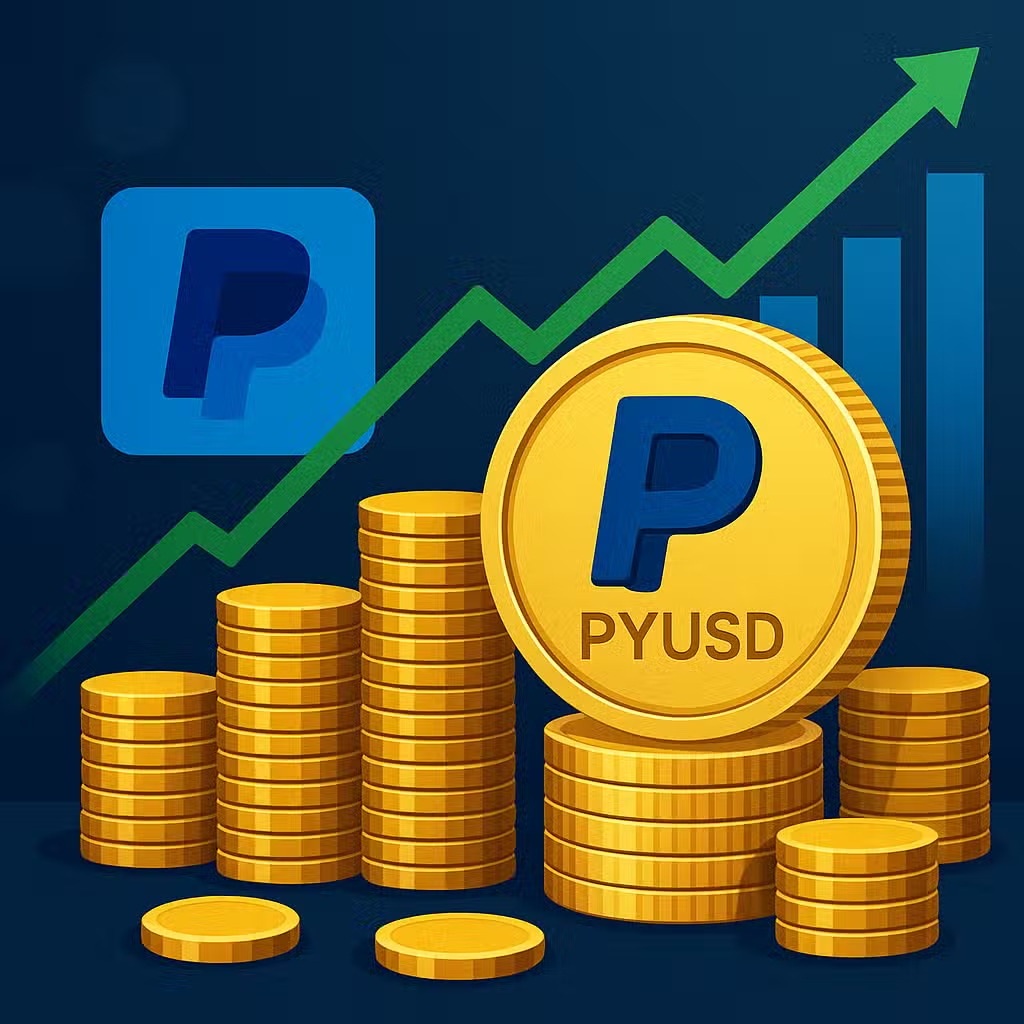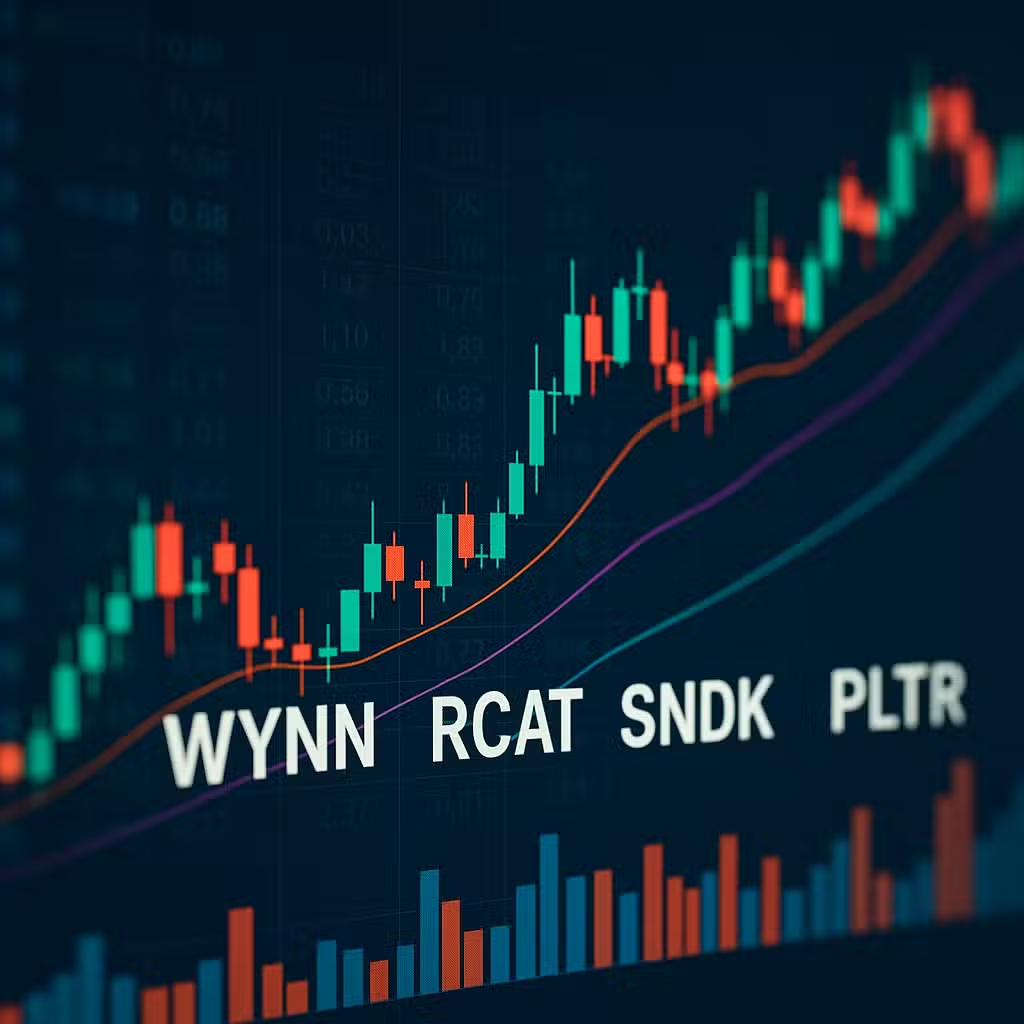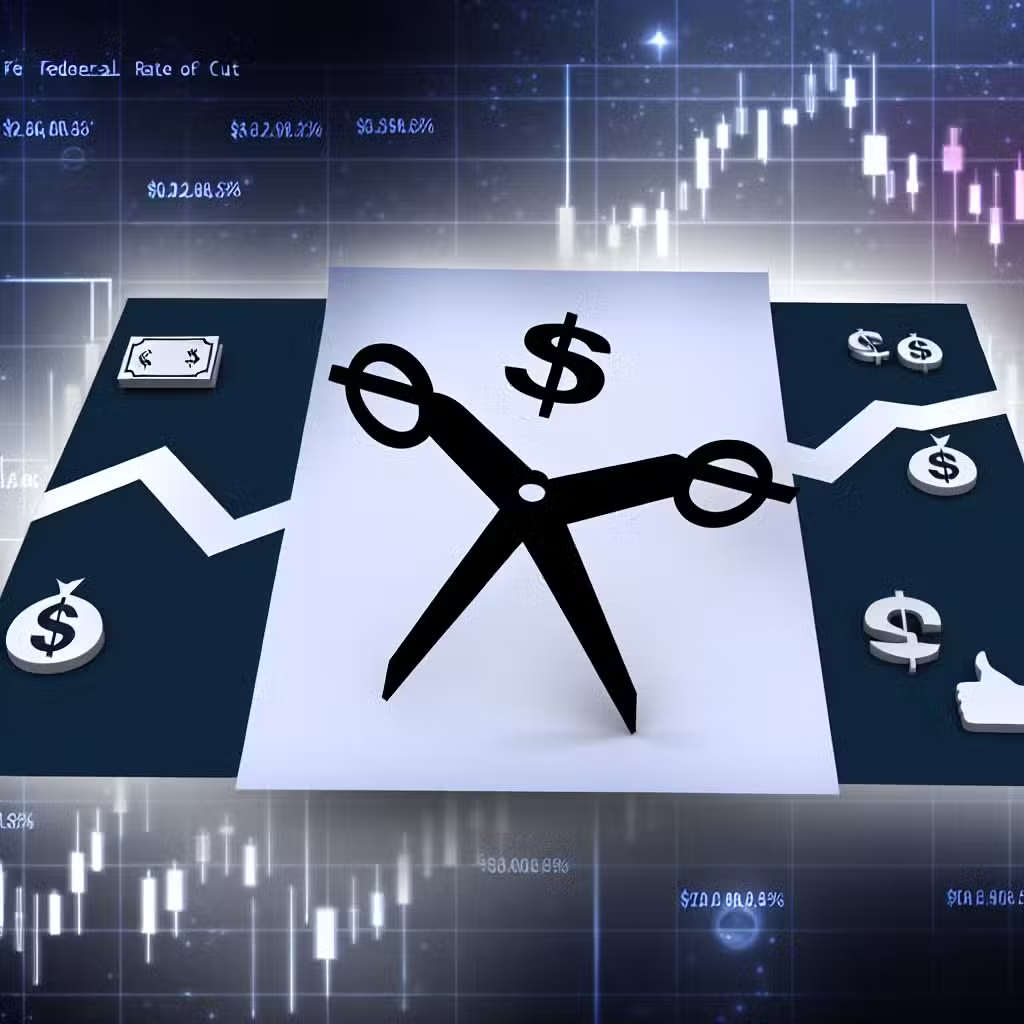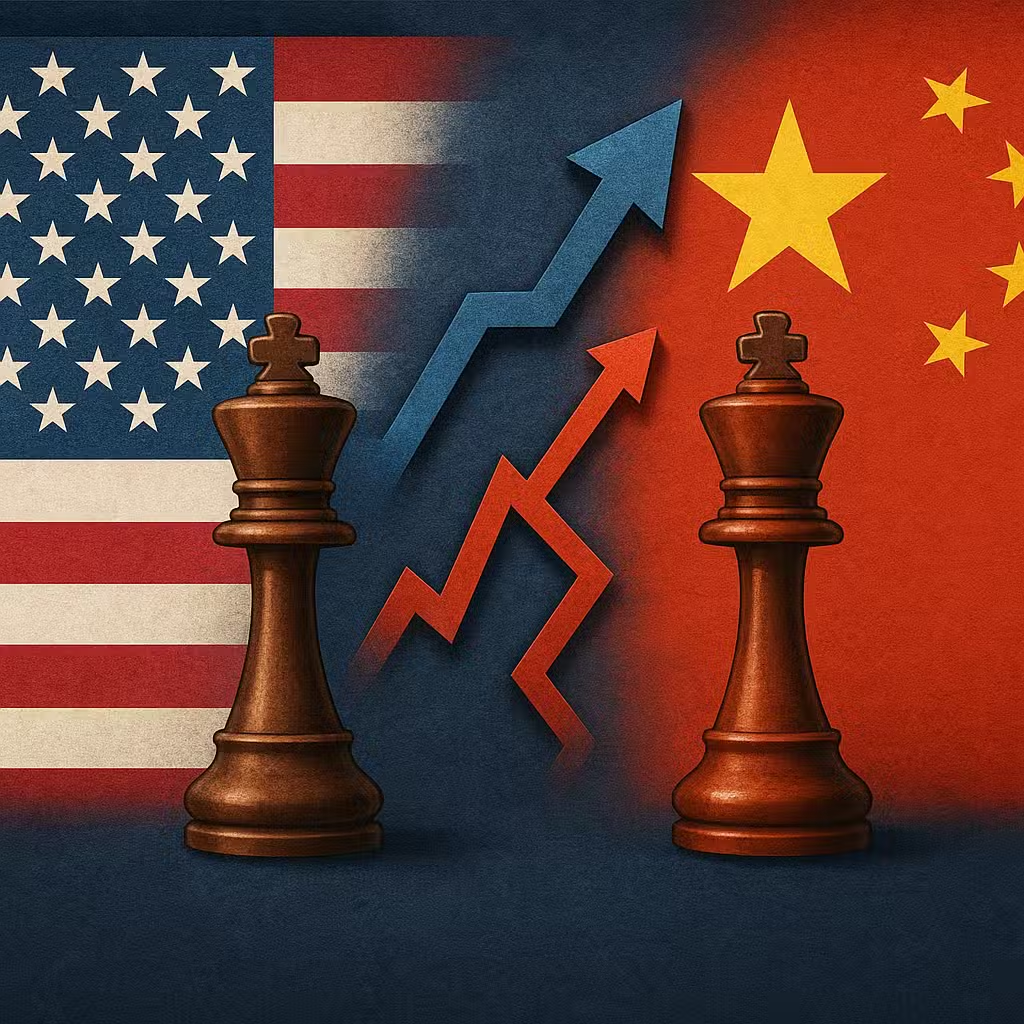PayPal’s PYUSD Stablecoin Reaches $1 Billion, Signaling Growing Adoption for Investors
Imagine if you could spend your allowance at any store, but instead of using cash, you use a digital token that always equals one dollar. That’s kind of what PayPal is doing with its new stablecoin, PYUSD—and it could change how we all pay for things online.
What’s Happening With PayPal and PYUSD?
PayPal, a company lots of people use to buy things online, has created its own digital coin called a stablecoin. This coin, called PYUSD, is tied to the U.S. dollar, so its value stays steady. Recently, PYUSD passed a big milestone: its total value, or market cap, went over $1 billion after PayPal partnered with a company called Spark.
More people are using stablecoins like PYUSD because they want the benefits of digital money without the crazy ups and downs of other cryptocurrencies like Bitcoin. Right now, PYUSD is the ninth biggest stablecoin by market size.
Why Investors Should Care
This news matters for investors because PayPal’s move is like jumping onto a fast-moving train instead of standing on the tracks. If stablecoins become the main way people pay online, PayPal could grow even more. But, like any investment, there are both good and bad sides to consider.
Bull Case: The Good News for PayPal and Investors
- More Customers: PYUSD could help PayPal stay popular with younger shoppers who like digital money.
- Cheaper Payments: Stablecoins can cut out middlemen, making payments cheaper for stores and customers.
- Extra Profits: PayPal invests the dollars backing PYUSD in safe government bonds, earning more money as people use the stablecoin.
- Market Leadership: PayPal’s early jump into stablecoins could help it beat out rivals like Visa and Mastercard, who are also working with crypto companies.
- Support for U.S. Debt: Stablecoins like PYUSD buy U.S. Treasuries, which can help lower federal debt costs, according to the American Bankers Association.
Bear Case: The Risks and Downsides
- Regulation Uncertainty: Governments are still figuring out how to handle stablecoins, which could lead to new rules or restrictions.
- Competition: Other big companies like Visa and Mastercard are also investing in crypto, so PayPal isn’t alone.
- Tech Risks: If there’s a problem with the technology behind PYUSD, users could lose trust.
- Not All Growth Means Profit: Even though PYUSD’s market cap grew fast, that doesn’t mean investors made a lot of money yet—it just shows more people are using it.
- Past Lessons: Remember Kodak? It was once the king of cameras but fell behind when technology changed. If PayPal makes a mistake, it could lose its lead, too.
How Does This Compare to History?
Stablecoins have grown a lot in recent years. The total market cap of all stablecoins was about $150 billion in early 2024, up from less than $30 billion just three years before, according to CoinMarketCap. This shows more people and businesses are trusting these digital dollars for payments and savings.
Investor Takeaway
- Watch PayPal’s Next Moves: If you own PayPal stock or are thinking about it, keep an eye on how PYUSD is used and how much it grows.
- Understand Stablecoins: Learn how stablecoins work, since they could become a big part of digital payments and even affect the whole financial system.
- Diversify: Don’t put all your money into one company or one type of investment. The crypto world changes fast, and there are risks.
- Stay Informed on Regulations: New rules around stablecoins could affect PayPal and other companies, so keep up with the news.
- Think Long-Term: PayPal’s bet on stablecoins could pay off over years, not just months. Be patient and watch for signs of real adoption.
For the full original report, see Yahoo Finance







